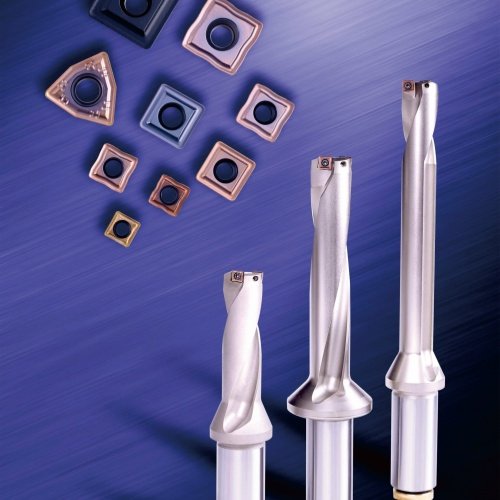In today’s manufacturing world, getting cuts right is key to making top-notch products. Precision cutting tools are critical for ensuring products meet quality and accuracy standards.
CNC machining has changed the game, making it possible to create complex parts with great precision. The right tools are vital for precise cuts and better product quality.
Knowing the importance of precision and CNC machining helps manufacturers improve their work. This guide will cover the must-have tools for accurate cutting. It aims to boost your CNC machining skills.
The Fundamentals of CNC Machining Precision
Achieving precision in CNC machining is complex. It depends on tool selection and cutting accuracy. The material of the cutting tool is key. It affects the surface finish, accuracy, and tool life.
Understanding tool selection is important. Different materials and shapes impact the machining process. The wrong tool can cause wear, reducing accuracy and possibly damaging the workpiece.
The Role of Tool Selection in Quality Output
Tool selection greatly affects CNC machining quality. “The right tool for the job can make all the difference in achieving the desired precision and surface finish,” experts say. Choosing the right tool involves considering material, geometry, and machining task needs.
How Proper Tooling Affects Cutting Accuracy
Proper tooling is key for cutting accuracy. The tool’s geometry, like angle and sharpness, affects the cut. A sharp tool ensures consistent accuracy. A dull or wrong-angled tool can cause errors.
Essential CNC Tools for Professional Machinists
For professional machinists, the right CNC tools are key for top-notch results and efficiency. Modern machining needs precise tools for different tasks and materials. Each tool is made for specific jobs.
End Mills: Types and Applications
End mills are very versatile, used for milling, profiling, and slotting. They come in types like square, ball, and roughing end mills. Each is best for certain jobs and materials.
| Type of End Mill | Application | Material Suitability |
|---|---|---|
| Square End Mill | Milling, profiling | Steel, aluminum, copper |
| Ball End Mill | Contouring, 3D milling | Hardened steel, titanium, stainless steel |
| Roughing End Mill | Roughing operations | Cast iron, steel, aluminum |
Drill Bits and Boring Tools
Drill bits and boring tools are vital for making and enlarging holes. Drill bits differ in size, material, and coating. Boring tools enlarge holes with precision. Both are key for accurate sizes and finishes.
Drill bits include twist, indexable, and center drills. Each has its own use and benefit.
Specialty Cutting Implements
Special tools like reamers, taps, and thread mills are for precise tasks. Reamers refine hole sizes, taps make internal threads, and thread mills do both internal and external threading.
These tools meet modern machining standards. They help machinists make complex parts accurately and efficiently.
Selecting and Maintaining Quality CNC Tools
Quality CNC tools are key to any successful machining job. Choosing and caring for the right tools is essential. They improve precision, efficiency, and cost-effectiveness.
Tool Material Considerations
The material of a CNC tool greatly affects its performance and life. Common materials include:
- High-Speed Steel (HSS)
- Carbide
- Ceramic
- Polycrystalline Diamond (PCD)
Each material has its own strengths. For example, carbide tools are very hard and resistant to wear. They’re perfect for fast machining.
Geometry Factors That Impact Performance
The shape of a CNC tool is very important for its performance. Key factors include:
- Rake angle
- Clearance angle
- Nose radius
These factors affect the tool’s cutting ability, surface quality, and life. For instance, a positive rake angle can lower cutting forces and improve finish.
Extending Tool Life Through Proper Maintenance
Keeping CNC tools well-maintained is vital for their longevity. Regular care includes:
- Tool inspection
- Cleaning
- Storage in a dry place
As a machining expert says, “Regular care extends tool life and keeps machining quality consistent.”
“The key to maximizing CNC tool performance lies in understanding the interplay between tool material, geometry, and maintenance practices.”
By focusing on these key areas, machinists can improve their CNC tool use. This leads to better machining results.
Conclusion
Choosing the right precision cutting tools is key in CNC machining. It affects the quality and accuracy of the final product. Tools like end mills, drill bits, and specialty cutting tools are essential for efficient machining.
Understanding tool materials, geometry, and maintenance is vital for top performance. By picking the best CNC tools and keeping them in good shape, manufacturers can boost their production. This leads to better products and lower costs.
In short, the right tools and care are critical in CNC machining. This guide helps professionals improve their work. They can achieve better accuracy and efficiency in their machining operations.

